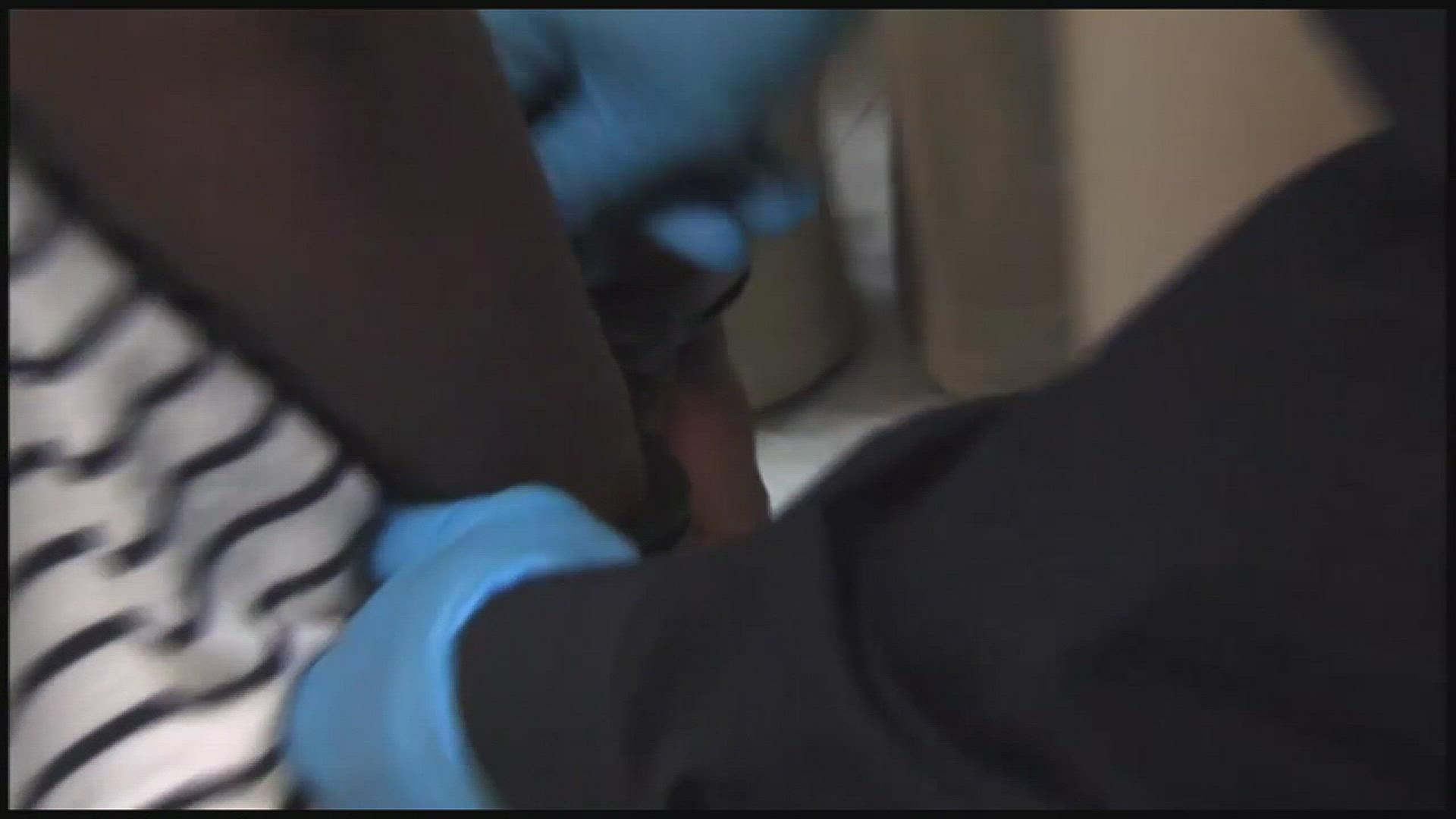MEMPHIS, Tenn. — Incarceration rates have dropped statewide over the last three year, but the number of Tennesseans behind bars is alarming. According to the Department of Corrections, the Volunteer State has about 24,000 people incarcerated. Last year, it was over 25,000. In 2019, Tennessee saw close to 30,000 inmates.
About 20% of Tennessee’s prison population is serving time for a homicide. The next largest offense is drug charges. Then, assault. About 14% of the people in fail or prison are facing sex offender charges. Property crimes and robberies, together, account for 22% of crimes committed by Tennessee inmates. Less than 2% are in for kidnapping. About 10% of inmates have committed other crimes.
Lastly, 96.2% of Tennessee prison beds are taken, which means statewide, there is less than 4% of space left for inmates. That’s why it is important for those released to find ways to challenge recidivism issues. Brittani Moncrease is taking a look at efforts from a Memphian who knows this tale first-hand.
“Here I am with a master’s degree. I’m doing therapy with folks. Now, it’s like wait a minute…’My fiancé is about to go to prison,’” said Dr. Crystal DeBerry, Indomitable Families Affected by Incarceration founder. It is a prolonged shock that DeBerry could not bring to reality.
“I’m sitting in court with my third baby. She’s five days old. I had to be there. My husband was being sentenced to federal prison. In that moment, I’m starring at the judge. I’m holding a baby, and I could not cry,” said DeBerry. That is a parental responsibility with more power, yet, DeBerry felt powerless.
“It was almost this thing of, ‘I just have to get through it.’ I can’t even focus on the fact that he’s gone. Was it traumatic? Yes. Was visitation awful? Oh hellatious,” said DeBerry. Her husband served about three years in prison. While inside, DeBerry worked outside to help other families going through the same ordeal. She started Indomitable Families Affected by Incarceration.
“It was an identity crisis for me. It was a matter of where do I belong,” said DeBerry. “I definitely need to create a safe space for us for us to tell our stories and things like that to share without judgement.” It a space with a focus not just on the family member incarcerated, but family’s mental health.
“Dealing with the anxiety, depression, and all the different stages of depression, the acceptance, the denial,” said DeBerry. “A lot of people think this is just a poverty issue. While the majority may not have boots to even pull up their bootstraps, this is an issue on all economic social statuses.”
DeBerry is often triggered by the automated voice from calls from prison. “I hate that voice. I hate it. Just the phone call because you never know when you’re going to receive that next phone call. That’s anxiety in itself,” said DeBerry. “Recovery from incarceration is forever. It doesn’t end.”
The process of healing always has a start. “People will tell me, ‘Crystal, you’re doing a good thing. We really need this.’ I have to tell people. I also need the community,” said DeBerry. Her organization is building bonds beyond bars to help each other get through difficult times.

